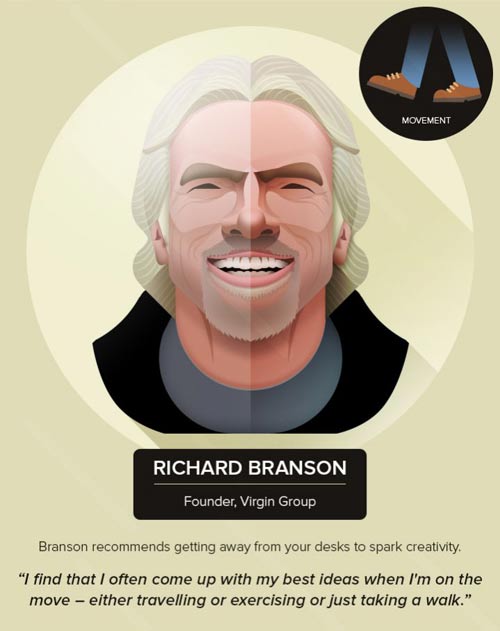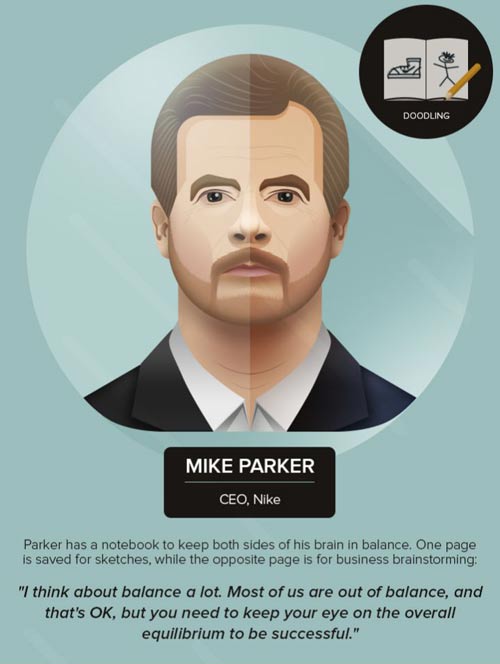Great Personal Development Secrets That Can Help You Succeed in Life by Dex Dest
Making the choice to pursue personal development can be an energizing experience, and it can give you a feeling of being in control of your life. Keeping your energy levels high is the best way to work toward reaching your goals. This article contains useful information and tips to help you get a better understanding of personal development.
One part of depression you may not thought of to look at is your diet and increasing the amount of complex carbohydrates that you consume. If you are not consuming adequate amounts of complex carbohydrates, your serotonin levels may be lower than they should be. Increase your consumption of fresh fruits, raw vegetables, nuts, brown rice, assorted beans and whole grains to have a diet that is enriched in complex carbohydrates.
TIP! You need to be your highest priority since you can't please everybody. This doesn't mean that you should only think of yourself, especially if it hurts others, but you often have to put yourself first or no one else will.
Be on the lookout for new challenges all the time. Finding a new challenge will open up new possibilities. You can learn a lot of new stuff and new skills. It is completely likely that you can set a new standard from accomplishing something before others have. Do something new and unique, instead of copying others.
Humility is key. We are all but tiny dots in the scope of this universe. Life is a learning process and no one person knows everything. Understand this and open yourself up to new opportunities. Keep an open mind and you will always find new things others can teach you.
TIP! Are you having problems meeting someone that is right for you? Explore your options on the Internet. Almost half of all couples, about 40%, met their partner online.
Exercise is not just for people trying to lose weight. There are many different reasons to exercise. When you exercise, your body releases endorphins, improving your mood and keeping you calm.
Find out how successful people improved themselves. Find out what other people have done to become more successful in their careers. Reading about positive experiences others have had, as well as lessons learned, can really enhance your personal development.
TIP! If you are in the process of self development, it can be a blow to fail but keep going. Approach your failures as opportunities to learn.
Accept your limitations before engaging in personal development. If you admit that you are simply a tiny part of this world, you will begin to recognize how much you still have to learn. Once you adopt this mindset, you will be more open-minded and receptive to new knowledge, which will lead to self-improvement.
You need to understand the distance between the place you are now, and the place you want to be in the future. Self realization is the key to beginning this kind of journey. If you can't figure out what the difference is, chances are you won't find success in reaching your goals.
TIP! Instead of focusing on your own achievements, ask others about theirs. People will appreciate your company more, and you will find new common points of interests between you and your friends.
Become aware of the kind of person you actually are instead of your superficial physical appearance. It does not matter if you wear the most expensive designer clothes or look like a super model. The person that you are inside will overshadow what you look like in your life. Build your inner character rather than focusing on outside appearance.
A very important part to personal development would be to know what you want from your life. Having long term goals will make quite the difference in how you perceive the world around you.
TIP! In order to succeed and become a champion, it's imperative to have a great coach. Behind every champion, there is a coach that helps serve as a mentor.
Base your development plan on your values and goals. It wouldn't make sense to develop a trait that was contrary to who you are. Focus on positive aspects to improve. These aspects should mesh with your values. This is the best way to make long-term changes.
Do you find yourself consuming alcohol far too often? Are there other such vices harming your body such as smoking or recreational drug use? Our body is sacred, and we should respect it and treat it as so. One way to improve your life is by getting rid of any bad habits that you have. Look at how you are living your life, and check if you are participating in any negative habits that should be eliminated.
TIP! Try to make the most of your time at work and get more done. The simple trick is to take more breaks when you work.
Research positive habits that have helped others become successful. Don't try to make too many changes at once. Start with two or three fundamentals that can make a difference, and practice those few until they feel natural to you. It is said that any new habit can be achieved in 21 days, so keep at it.
It is almost impossible to have a happy, healthy mind when your body has been neglected entirely. Exercising regularly and eating well helps tremendously. Remember, a healthy mind and a healthy body go hand in hand.
TIP! Always aspire to do your best at everything you do. The passions you have should always make you want to achieve greatness.
Don't use shopping as a comfort technique. Spend your time on more productive and useful pursuits. Clean the house, play an instrument or take up a sport. This will reduce stress, save you money and turn you into a more interesting, well-rounded person.
When developing a plan for personal improvements, include the values that are most important in your life. You should try your hardest to prioritize what you consider important.
TIP! Before you begin working on your personal development, you first need to understand your place in the universe. If you admit that you are simply a tiny part of this world, you will begin to recognize how much you still have to learn.
Avoid making a personal development goal that is unnecessarily complicated, or not well defined. Set goals that are specific and achievable, and include a timeline. Specific goals will get specific results.
Having a good attitude can help you evolve as a person. Having a negative attitude will only hold you back and keep you from success. Your goals will be more attainable, and your life happier, with a positive approach to your everyday world.
TIP! Track your progress better through proper organization. If you break big goals down into little sub-goals, you will gain confidence as you achieve the sub-goals.
It doesn't matter how many of the above methods you utilize. Using just a few of these can assist you on a better path of personal development. You can tackle the hard work ahead armed with these sound tips.http://goarticles.com/article/Great-Personal-Development-Secrets-That-Can-Help-You-Succeed-in-Life/7215590/










 “Do not anticipate trouble or worry about what may never happen. Keep in the sunlight.”
“Do not anticipate trouble or worry about what may never happen. Keep in the sunlight.”